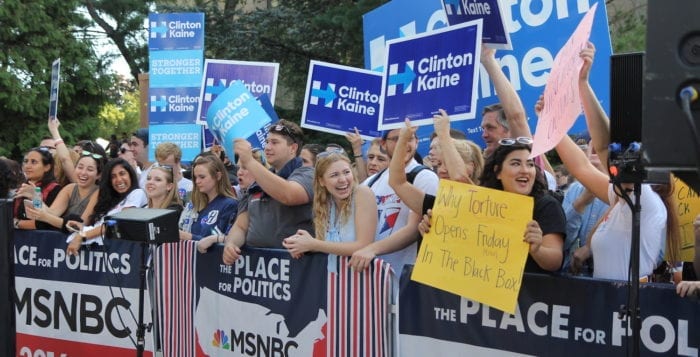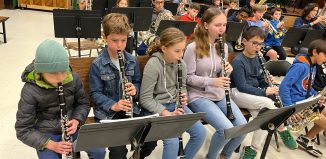Real time fact-checking
A growing trend this election season amongst newspapers, politics-centric websites, pollsters and even candidates is to fact-check claims made by presidential hopefuls or their litany of staffers during speeches, debates and other public forums in real time.
In theory, that makes perfect sense. Candidates should be taken to task for false claims they make in public when attempting to appeal to voters. During the first presidential debate, Sept. 26 at Hofstra University in Hempstead, between Democratic nominee Hillary Clinton and Republican nominee Donald Trump, each took turns making statements and accusations that were later proven false by the army of fact-checkers listening closely.
Trump asserted that the stop-and-frisk policy did wonders for crime rates in New York City during its short-lived run. Fact-checks by the Associated Press, the Washington Post and CNN yielded no proof of stop-and-frisk impacting crime rates. Trump accused Clinton of “flip-flopping” her position on The Trans-Pacific Partnership, a global trade deal, which she initially supported and referred to as “the gold standard.” The same cast of fact-checking characters nabbed Clinton for switching positions in the debate aftermath.
Fact-checking during and immediately following the first presidential debate was a useful tool for American voters. However, if checking facts were this important throughout the primary process, it’s possible Americans might be choosing from a different slate of candidates Nov. 8.
Our editorial staff wonders how much of an effect fact-checking has on voters. How many Trump and Clinton supporters heard their candidate say something that was later proved false, and actually started reflecting on if that mattered to them? Fact-checking is important, and it’s great that so many media outlets are devoting resources to it. It’s part of what separates news organizations from the rest of the social media storm that ensues during and after major events. We hope the increase in fact-checking doesn’t fall on deaf-ears, and voters take notice of when their candidates are proven wrong.







